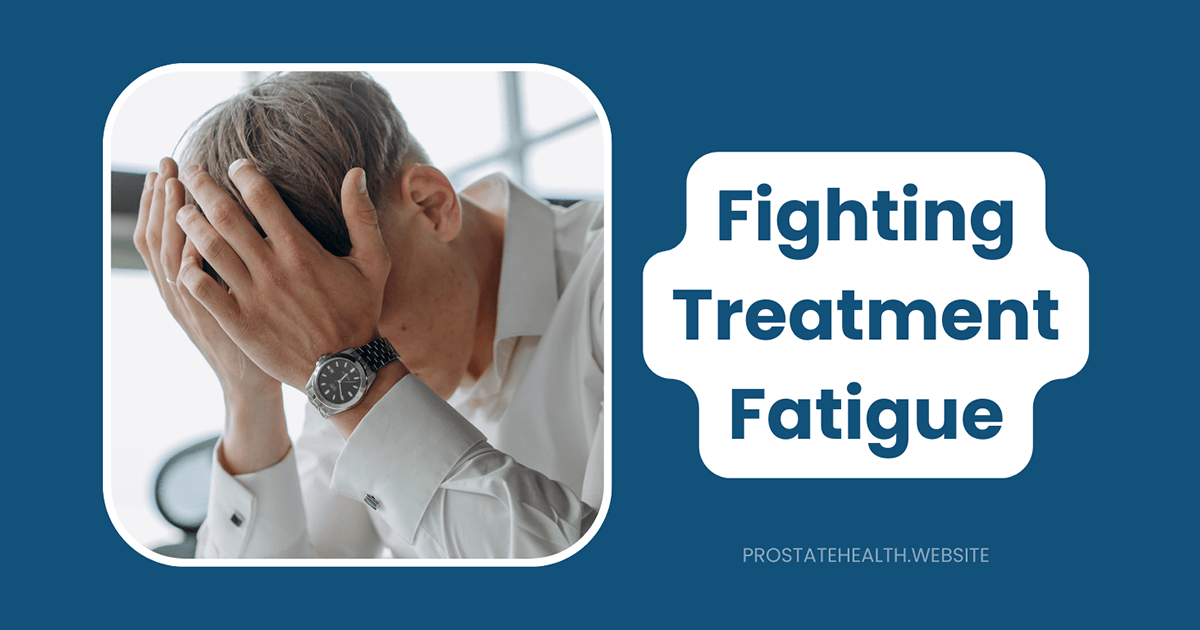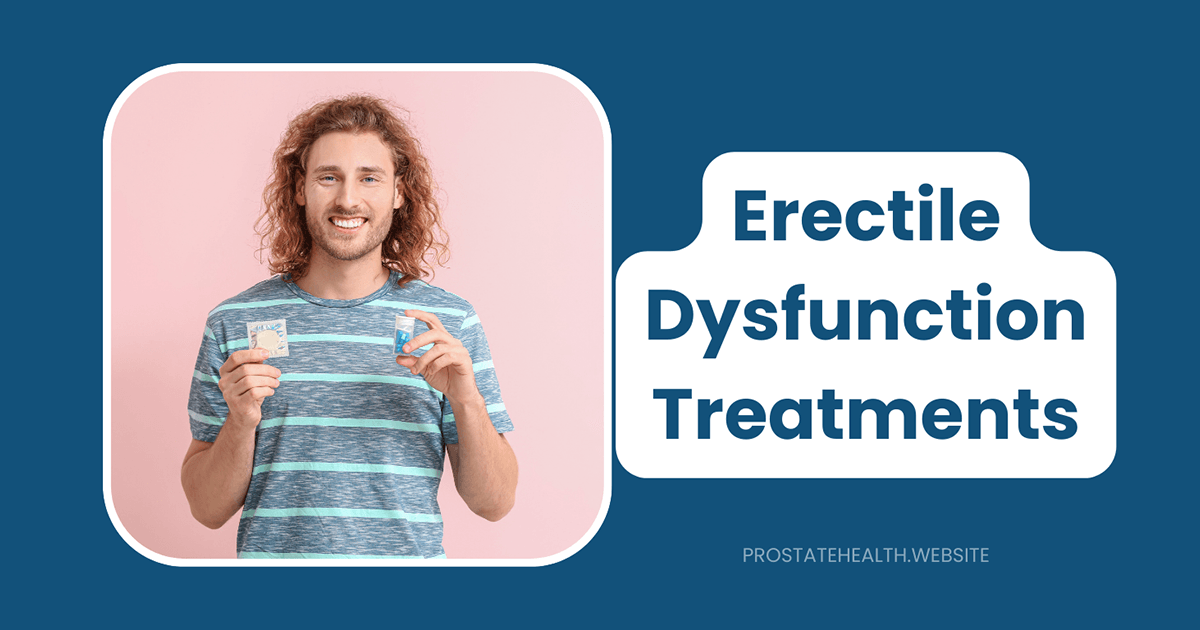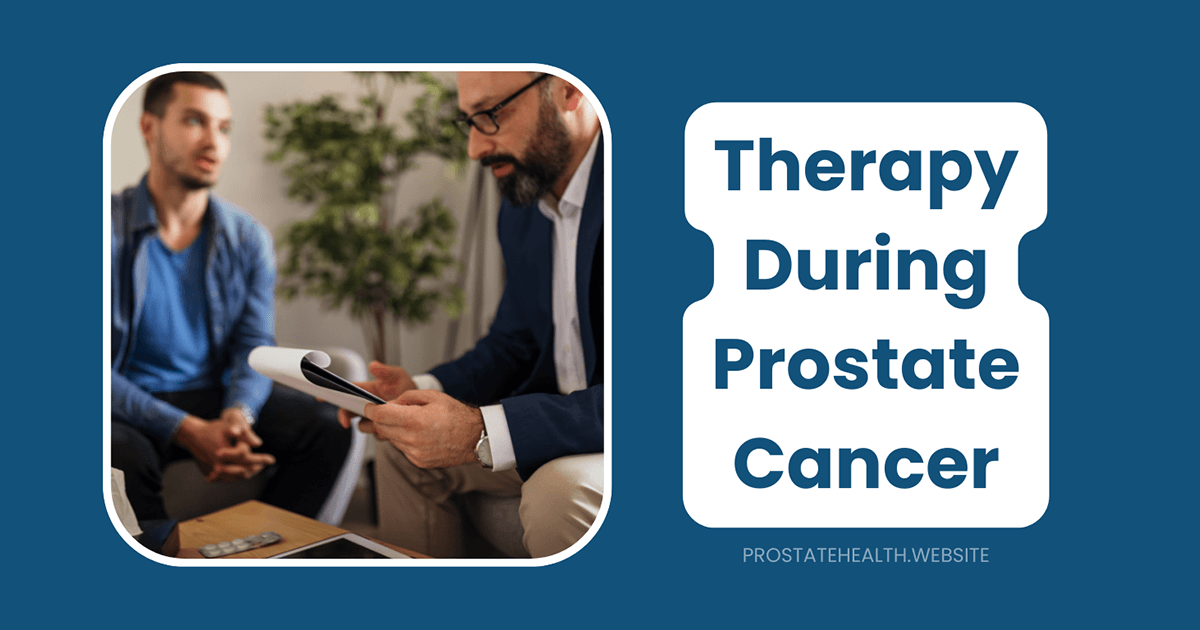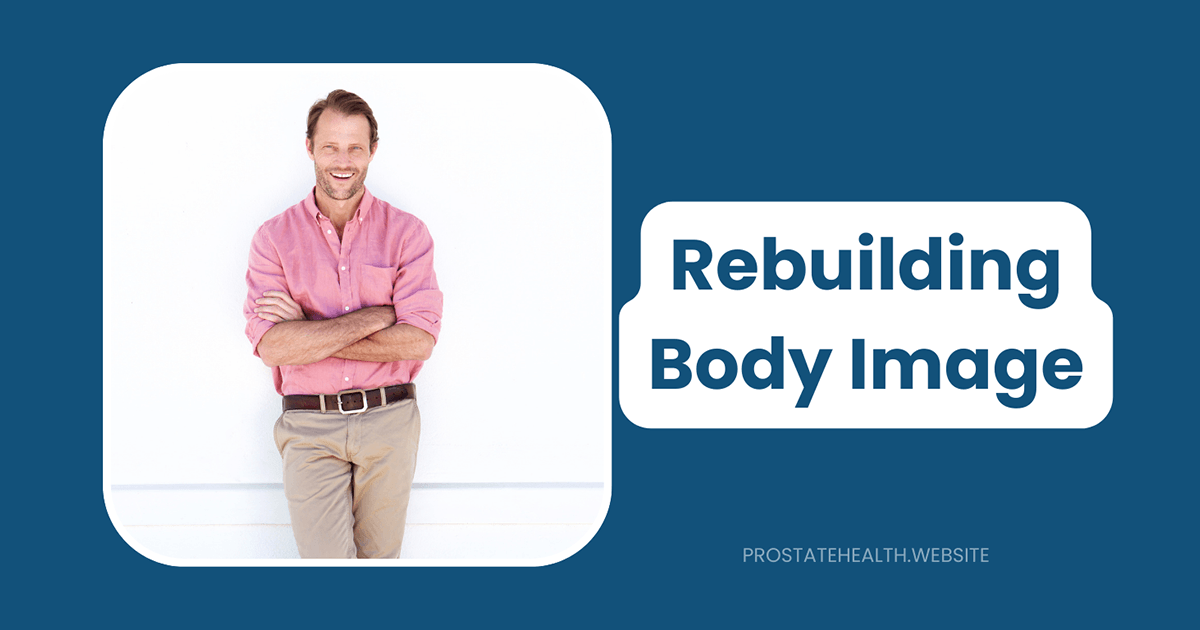Mindfulness Meditation for Coping with Prostate Cancer
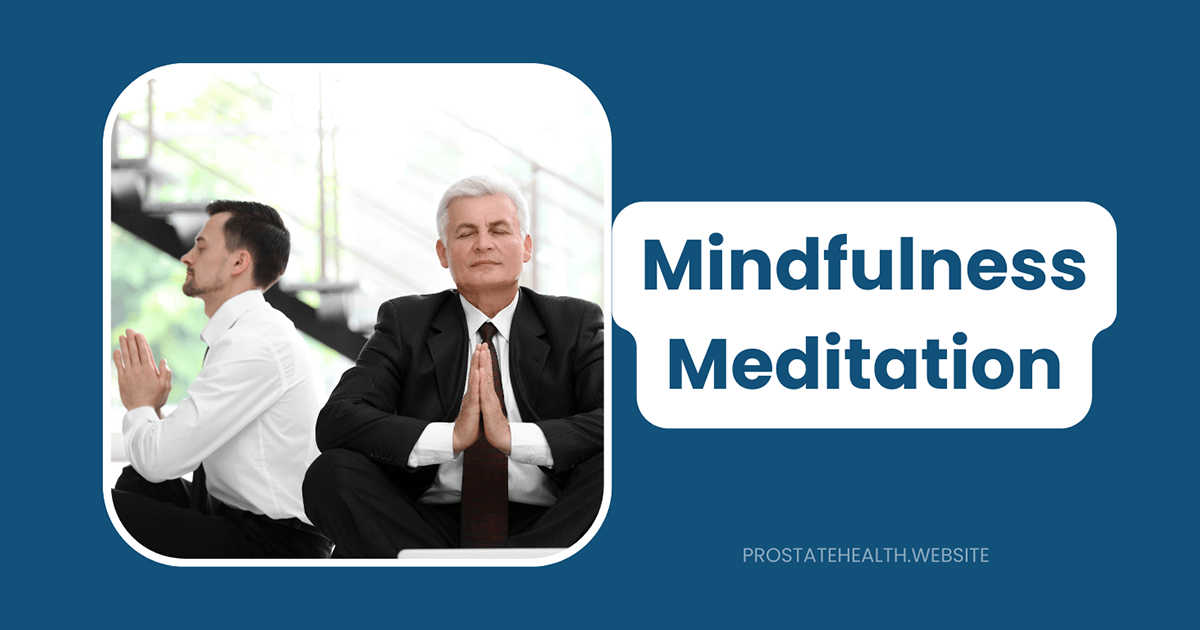
When James first heard his prostate cancer diagnosis, his mind raced with worst-case scenarios. “It was like a storm inside my head,” he told me. “I couldn’t sleep, couldn’t focus on conversations, couldn’t even enjoy a meal without cancer thoughts intruding.”
This mental turmoil is something I’ve witnessed countless times in my years of advocacy work. The psychological impact of a prostate cancer diagnosis can be as challenging as the physical aspects of the disease itself. Studies show that up to 30% of men with prostate cancer experience significant anxiety and distress, particularly those on active surveillance who live with the uncertainty of whether their cancer might progress.
But what if there was a practice—backed by science—that could help quiet that mental storm? A technique that could reduce anxiety, improve sleep, and help you make clearer treatment decisions?
This is where mindfulness meditation enters the picture. Far from being just a New Age trend, mindfulness has been rigorously studied in cancer patients, with compelling evidence of its benefits. This practice has helped thousands of men navigate the prostate cancer journey with greater calm and clarity—and it could help you too.
What Exactly Is Mindfulness Meditation?
At its core, mindfulness meditation is the practice of paying attention to the present moment with openness, curiosity, and acceptance. It’s about observing your thoughts, feelings, and physical sensations without judgment—neither clinging to them nor pushing them away.
This might sound simple, but for most of us, it’s surprisingly challenging. Our minds naturally wander to the past (replaying that awkward conversation from yesterday) or the future (worrying about next week’s doctor appointment). Mindfulness gently trains us to notice when our mind has wandered and bring our attention back to the present moment.
For men with prostate cancer, this skill is particularly valuable. Rather than being consumed by “what if” scenarios or treatment regrets, mindfulness helps you engage more fully with your life as it is right now—whether that’s enjoying a meal, having a meaningful conversation with a loved one, or making important health decisions with a clearer mind.
The Science: How Mindfulness Helps Men with Prostate Cancer
If you’re like me, you want evidence before trying something new, especially when it comes to your health. Fortunately, researchers have been studying mindfulness in cancer patients, including those with prostate cancer, with impressive results.
Reduced Anxiety and Stress
A pilot study at Northwestern University found that men with prostate cancer who participated in an 8-week mindfulness program showed significant decreases in prostate cancer-related anxiety. These benefits weren’t just temporary—they persisted at 6-month and even 12-month follow-ups.
As one participant in the study noted: “Before mindfulness training, every PSA test would send me into a panic for days. Now I can acknowledge the worry without letting it take over my life.”
Better Decision-Making
Men on active surveillance for prostate cancer face a unique challenge: living with cancer while postponing treatment. This approach is medically sound for many low-risk cancers, but psychologically demanding.
Research from Harvard Medical School found that one in four men opt for unnecessary treatments within 1-3 years of diagnosis, despite no evidence of tumor growth—largely due to anxiety and uncertainty.
Mindfulness training helps men tolerate this uncertainty better. The Northwestern study showed significant decreases in “uncertainty intolerance” among men who practiced mindfulness, potentially helping them avoid unnecessary treatments driven by anxiety rather than medical necessity.
Improved Quality of Life
Beyond specific cancer-related benefits, mindfulness has been shown to:
- Improve sleep quality
- Reduce symptoms of depression
- Enhance relationships and communication
- Increase overall sense of well-being
- Reduce treatment side effect distress
As Robert, a 67-year-old in my support group, put it: “Mindfulness didn’t change my diagnosis, but it completely changed my experience of having cancer. I’m still living with uncertainty, but it no longer controls my life.”
Getting Started: Simple Mindfulness Practices
The good news about mindfulness is that you don’t need any special equipment, you don’t have to sit in an uncomfortable position for hours, and you can start experiencing benefits with just a few minutes of practice each day.
Here are some simple techniques specifically helpful for men navigating prostate cancer:
1. The Three-Minute Breathing Space
This practice is perfect for moments of stress or anxiety, such as before medical appointments or when worrying thoughts arise:
- First minute: Acknowledge your current experience. What thoughts, feelings, and body sensations are present right now?
- Second minute: Bring full attention to your breathing. Feel the sensations of the breath entering and leaving your body.
- Third minute: Expand awareness to your whole body, holding everything in awareness with an attitude of acceptance.
2. Body Scan Meditation
This practice is particularly helpful for connecting with your body in a positive way, which can be challenging during cancer treatment:
- Lie down in a comfortable position.
- Bring attention to your breath for a few moments.
- Then shift your awareness to the sensations in your feet, slowly moving up through your entire body—legs, hips, abdomen, chest, hands, arms, shoulders, neck, and head.
- Notice any areas of tension, discomfort, or ease without trying to change anything.
- When you notice your mind wandering (which is normal and happens to everyone), gently bring your attention back to body sensations.
This practice helps you develop a more accepting relationship with your body during a time when it might feel like it has betrayed you.
3. Mindful Walking
For men who find sitting meditation challenging, walking meditation offers an excellent alternative:
- Choose a quiet place where you can walk back and forth for about 10-15 steps.
- Walk at a natural pace, slower than usual.
- Pay attention to the sensations in your feet and legs as you lift, move, and place each foot.
- When your mind wanders, gently bring it back to the sensations of walking.
This practice can be especially beneficial during hospital visits or while waiting for appointments.
4. STOP Practice for Difficult Moments
When you’re feeling overwhelmed by a cancer-related challenge, try this quick practice:
- S: Stop what you’re doing.
- T: Take a breath.
- O: Observe what’s happening in your body, emotions, and thoughts.
- P: Proceed with awareness and kindness.
As Tom, a 59-year-old prostate cancer survivor, shared: “The STOP practice was my lifeline during treatment. When I’d get bad news or feel overwhelmed, those few moments of awareness helped me respond thoughtfully instead of reacting from panic.”
Overcoming Common Obstacles to Mindfulness Practice
If mindfulness is so beneficial, why isn’t everyone doing it? Here are some common concerns I hear from men in my support groups, and how to address them:
“I don’t have time for one more thing.”
Start with just 3-5 minutes daily. That’s less time than it takes to brew a cup of coffee. Many men find that mindfulness actually creates time by helping them focus better and waste less energy on worry.
“My mind is too busy—I can’t stop thinking.”
The goal of mindfulness isn’t to stop thinking—that’s impossible! Success in mindfulness is simply noticing when your mind has wandered and gently bringing it back to your focus. Each time you do this, it’s like a mental push-up, strengthening your attention muscle.
“This feels too ‘out there’ for me.”
Mindfulness has been embraced by major medical centers, the military, professional sports teams, and Fortune 500 companies precisely because it’s practical and evidence-based. It’s less about spirituality and more about mental training.
“I tried it once and didn’t feel anything.”
Mindfulness is like physical exercise—you wouldn’t expect to get fit from one workout. The benefits accumulate with regular practice over time. Most research shows significant benefits after 8 weeks of regular practice.
Resources to Support Your Mindfulness Practice
Ready to give mindfulness a try? These resources can help you get started and maintain your practice:
Apps
- Headspace: Offers a specific program for cancer patients
- Calm: Features beginner-friendly guided meditations
- Insight Timer: Provides free guided meditations, including some specifically for cancer
Online Programs
- Memorial Sloan Kettering’s Meditation Resources: Free guided meditations specifically for cancer patients
- Mindfulness-Based Cancer Recovery: Evidence-based program with online options
Books
- “Mindfulness-Based Cancer Recovery” by Linda Carlson and Michael Speca
- “Full Catastrophe Living” by Jon Kabat-Zinn
- “Here For Now: Living Well with Cancer Through Mindfulness” by Elana Rosenbaum
Local Resources
Many cancer centers now offer mindfulness programs specifically for cancer patients. Ask your healthcare team about:
- Mindfulness-Based Stress Reduction (MBSR) courses
- Cancer-specific meditation groups
- Integrative oncology services that include mindfulness
Integrating Mindfulness into Your Cancer Journey
Mindfulness isn’t just about formal meditation practice—it can be integrated into your daily life and specific cancer-related challenges:
During Medical Appointments
- Practice the three-minute breathing space while in the waiting room
- Use mindful listening when receiving information from your doctor
- Take mindful pauses before asking questions or making decisions
Managing Treatment Side Effects
- Use body scan meditation to work with physical discomfort
- Practice acceptance and self-compassion for temporary or permanent changes
- Apply mindful awareness to identify patterns that worsen or improve symptoms
Communicating with Loved Ones
- Use mindful listening when others express concern
- Practice the STOP technique before difficult conversations
- Notice assumptions and reactions that might interfere with clear communication
Making Treatment Decisions
- Use mindfulness to distinguish between fear-based thinking and clear discernment
- Practice staying present with uncertainty rather than rushing to decisions
- Notice how your body feels when considering different options
The Bigger Picture: Mindfulness as Part of Your Overall Wellness Plan
While mindfulness offers powerful benefits, it works best as part of a comprehensive approach to navigating prostate cancer. Consider combining it with:
- Regular physical activity: Exercise has been shown to improve outcomes for prostate cancer patients
- Nutritious diet: Emphasizing plant-based foods supports overall health during cancer treatment
- Quality medical care: Mindfulness complements, never replaces, appropriate medical treatment
- Social support: Connection with others facing similar challenges reduces isolation
- Adequate rest: Proper sleep is crucial for healing and stress management
As James, whom we met at the beginning of this article, reflected after six months of mindfulness practice: “Meditation hasn’t replaced any of my medical care, but it’s become an essential part of my treatment plan. My oncologist focuses on my cancer, but mindfulness helps me live well despite having cancer.”
Getting Started Today: Your First Five Minutes
If you’re ready to experience mindfulness for yourself, here’s a simple five-minute practice to try right now:
- Find a comfortable seated position and set a timer for five minutes.
- Close your eyes or lower your gaze.
- Take three deep breaths, feeling the sensations of the breath in your body.
- Allow your breathing to return to its natural rhythm.
- Focus your attention on the feeling of the breath entering and leaving your body.
- When you notice your mind has wandered (which will happen many times), gently bring your attention back to your breath.
- When the timer sounds, take a moment to notice how you feel before returning to your day.
That’s it—you’ve just practiced mindfulness meditation! The key is consistency rather than duration. Five minutes daily will yield more benefits than an hour once a week.
A Personal Note: Finding Peace Amid Uncertainty
When I was diagnosed with prostate cancer at 47, the uncertainty was almost harder to bear than the diagnosis itself. Would the cancer spread? Would treatment leave me incontinent or impotent? How would this affect my relationships, my work, my identity?
Mindfulness didn’t answer these questions, but it gave me something perhaps more valuable—the capacity to live well alongside the uncertainty. To feel the fear without becoming the fear. To make decisions from a place of clarity rather than panic.
Years later, I still practice mindfulness daily. Not because I’m particularly good at it (my mind still wanders constantly), but because it continues to enhance my life in subtle but profound ways. I’m more present with my loved ones. I appreciate simple pleasures more deeply. And when challenges arise—medical or otherwise—I face them with greater equanimity.
The journey through prostate cancer is one no man chooses, but mindfulness can transform how you travel that path. It won’t change your diagnosis, but it might just change your experience of living with that diagnosis. And ultimately, isn’t that what matters most?
Have you tried mindfulness practices during your prostate cancer journey? What has your experience been? Share in the comments below to help other men who might be considering this approach.

